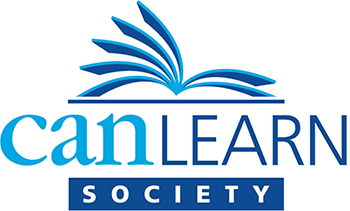On April 24, 2024, the Learning Disabilities Association of Alberta, in collaboration with Mount Royal University, hosted an important event. This event featured the screening of The Right to Read documentary, a powerful narrative that underscores the importance of the Science of Reading approach in improving literacy outcomes for children. The film, which shares the stories of families, teachers, and advocates, sparked insightful discussions among the participants, further highlighting the relevance and impact of this approach.
At CanLearn, we take immense pride in our role as devoted advocates for evidence-based practices in literacy, learning disabilities, ADHD, and related mental health challenges.
The Science of Reading harnesses extensive research in education, cognitive science, neuroscience, and linguistics, as summarized in The Science of Reading: A Handbook. The most influential studies, including the Simple View of Reading, the Five Pillars of Reading, and the Reading Rope, have successfully displaced the whole language/balanced literacy approach.
At CanLearn, we have enthusiastically incorporated the major assumptions from the science of reading approach:
- Robust decoding and language skills are needed for a reader to achieve strong reading comprehension.
- Explicit, systematic, and cumulative code (phonics) instruction produces effective decoding skills.
- Phonemic awareness is a foundational enabling skill.
However, our instructional decisions regarding what to teach, when, and for how long are based on many other research studies that are equally consistent with the Science of Reading approach.
Mark Seidenberg is a cognitive scientist whose research, shared in the book, Language at the Speed of Sight, is heavily cited in all discussions about the Science of Reading. He gently cautions teachers against assuming that everything has to be taught explicitly or else it won’t be learned (he calls this overteaching) and helps us understand that explicit instruction is there to scaffold implicit learning only as much as needed and not more.
Maryanne Wolf, another cognitive scientist and the author of Proust and the Squid, shares similar advice: ” Decoding is the foundation of reading proficiency, but it is by no means where we end our efforts. Nor should it be the only effort.”
These two researchers (and many others) emphasize the importance of not forgetting that language interactions, books, and reading aloud to children are crucial components of the Science of Reading approach. While the preschool years are ideal for introducing letters and sounds, they are even more valuable for fostering a love for books, developing language skills, and preparing children to benefit from formal reading instruction.
Nada Jerkovic
Manager, Literacy Programs, CanLearn Society

